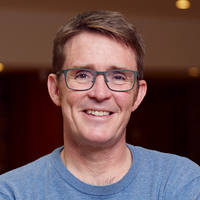Thomson Group
Bacterial genomics and evolution
This ‘omic’ data will be used to understand the way pathogens have moved, and continue to move, through populations and across continents (known as phylogeography) with a view to providing high-resolution insights aimed at tracking and limiting their spread.
Nick’s team works in the areas of diarrhoeal disease and sexually transmitted infections (STIs). While they may seem like strange bedfellows, both require a detailed understanding of human behaviour as a component of their success and ongoing transmission, and both necessitate similar genomic approaches. Research areas include the study of diseases such as cholera and dysentery that continue to cause significant mortality and morbidity in low-income countries, as well as the number one bacterial STI in the world, Chlamydia trachomatis.
A strong theme in our current work is the understanding of Anti Microbial Resistance (AMR); probably the most important driving force directing bacterial evolution in recent times. The team also has a history of developing novel approaches for accessing genomic and transcriptomic data, for example to enable direct sequencing of genomes from swabs without the need to culture.
The bacterial genomics and evolution team focuses primarily on using whole-genome sequencing approaches to study the patterns and drivers for historical and ongoing pathogen genome evolution. This is then combined with screens in whole cells or model organisms to understand the phenotypic consequences of those changes.
Our approach and research
Our research interests include linking phenotype to genotype:
- using Phylogenomics of isolates competing within their natural host to identify novel and known factors associated with ‘fitness’ and onward transmission.
- understanding how pathogen variation may impact on host-pathogen interactions and continuing to use genomics towards a better understanding of infectious disease and global health.
- concentrating on determining the global distribution of pathogens and understanding the drivers for this and the patterns of continued spread between countries and within communities.
Our research encompasses all aspects of pathogen variation, natural or induced, and is rapidly moving towards understanding the host component to infectious disease. We investigate these associations by using new sequencing technologies, a deep understanding and long-term experience of genomic analysis and high-throughput experimental analyses in the laboratory.
We have access to the Wellcome Sanger Institute’s core sequencing, cellular genetics and proteomics capacity as well as having a dedicated laboratory with tissue culture facilities and a new laser dissection and micromanipulation microscope.
Technology Development
When needed the group develop new methods for accessing genomic data. One such area is sequencing directly from primary and clinical samples – a rapidly expanding field of microbial genomics. Developing methods to access genomic directly from the clinical sample is transformative, opening up new areas for study especially for bacteria that are fastidious, or difficult to culture.
For example, until recently, the only way to generate sufficient DNA for sequencing Chlamydia (an obligate intracellular pathogen) was by cell culture. This was both expensive and time consuming, taking up to three months to generate sufficient DNA to gain accurate whole genome sequence, limiting the information available to us about the bacteria’s basic genome biology, diversity and global spread.
To overcome these challenges, we recently developed and/or implemented two protocols for obtaining low abundance bacterial chromosomal DNA directly by targeted enrichment from complex clinical samples without the need for culture:
- The first protocol combines Immunomagnetic Separation (IMS), to enrich for whole bacteria, with Multiple Displacement Amplification (MDA) to directly amplify DNA.
- The second uses a commercially available RNA oligonucleotide pull-down methodology, SureSelect. Both generate sufficient DNA for high-throughput multiplexed Illumina sequencing.
Core team
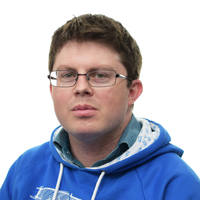
Dr Zachary Ardern
Postdoctoral Fellow
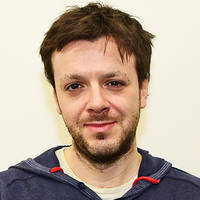
Dr Mathew A Beale
Senior Staff Scientist

Dr Adrian Cazares
Staff Scientist
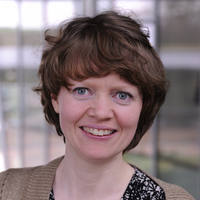
Dr Avril Coghlan
Senior Bioinformatician

Mr David Goulding
Electron and Advanced Light Microscopy Manager
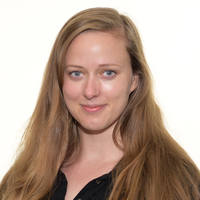
Dr Linda Grillova
Career Development Fellow
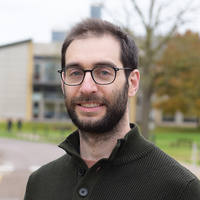
Dr Florent Lassalle
Principal Bioinformatician
Previous core team members
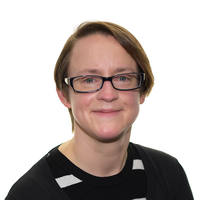
Dr Anne Louise Bishop
Janet Thornton Postoctoral Research Fellow

Dr Claire Chewapreecha
Fomer International Fellow at the Sanger Institute, and Wellcome International Intermediate Fellow at MORU Mahidol Oxford Tropical Medicine Research Unit

Dr Magda Ewa Lotkowska
Advanced Research Assistant
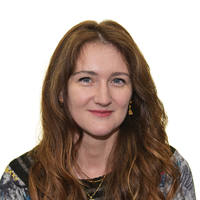
Dr Magda Ewa Lotkowska
Advanced Research Assistant
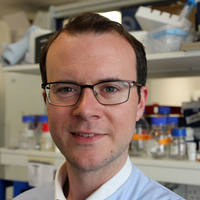
Liam Prestwood
Scientific Manager
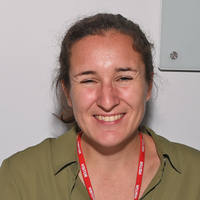
Catherine Wilson
Visiting Worker and Wellcome Trust Clinical PhD Fellow
